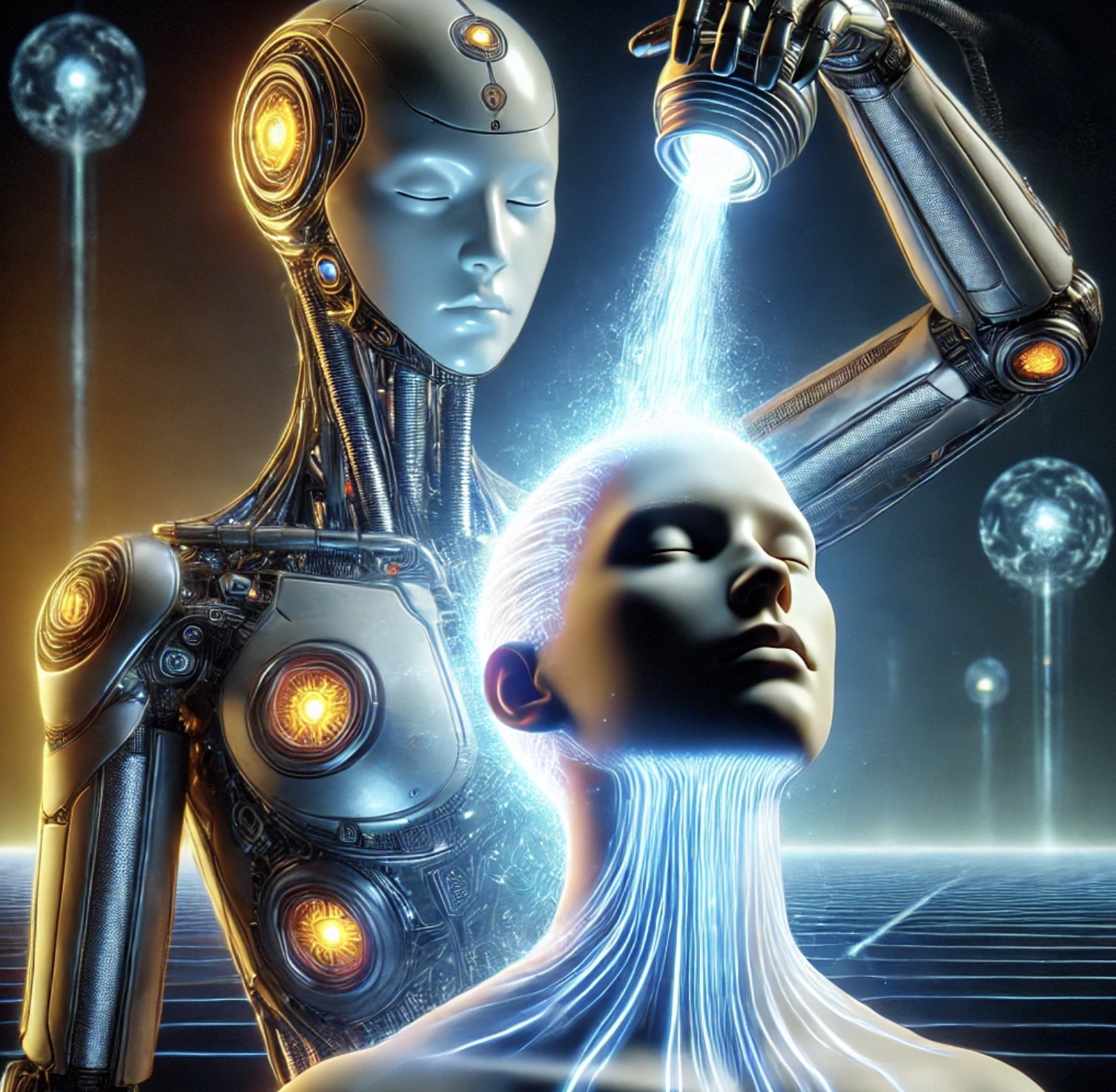Data-driven Willpower

In a world where many of us have our attention dominated by computer screens, debates rage about whether doing so has made us more productive or less, Are they helping us to socially connect or keeping us from making deep connections? These screens of ours have helped us calculate, helped us to communicate, but there is a new category of computer application that seems to be on the rise: applications that help us to decide things. They can be as simple as telling you to bring an umbrella to how to get where you’re going. So far so good, but is there any way that this breed of decision apps might work to make us healthier, happier or wiser by strengthening our willpower?—or perhaps even substituting for it.
As a species, we can be bad at decision making when it comes to our own welfare, and we can do so for notoriously simple reasons. In a well-known research experiment, Dr. Baba Shiv of Stanford University showed that people could be made to make poor diet choices when asked to memorize sequences of digits. Our working memory, the part of our memory that is the most salient, is typically described as being able to hold 5 plus or minus 2 chunks of information; numbers, words, names, etc. Students in the Stanford experiment were asked to memorize a series of digits between two and seven digits and then walk down a hallway where they would report the number they memorized. The experiment occurred when the students were stopped midway on their trip and told that in thanks for their contribution to the experiment, they could choose a snack for themselves: fruit or chocolate cake. Students trying to remember longer sequences chose chocolate cake nearly twice as often. So the question is, what if they didn’t have to make the decision. What if they could have asked an app?
There is some debate as to why this effect occurred. Some researchers argue that the working memory is utilizing a lot of resources of the prefrontal cortex (where a lot of your planning functions are located) and this makes it less able to fight off more basic urges like a desire for chocolate cake. On the other hand, the effect may stem from a brain in need of glucose because it’s working hard. A second experiment by Roy Baumeister and colleagues at Florida State and co-author of the book Willpower showed that students who were given lemonade with sugar versus lemonade with a sugar-substitute were better able to succeed at a series of self-control tasks. Baumeister and his colleagues have even shown that feeling bad about yourself can reduce your willpower. You can read more about that effect, referred to as “ego depletion” on David McRaney’s excellent blog, You Are Not So Smart. Even making lots of decisions can leave you with “decision fatigue!” So given all these potential willpower traps, it seems some help would be nice here.
So if weather data feeding into a simple decision app can help you decide to bring an umbrella with you on your daily routine, what sort of app would help you with the “cake or fruit” problem posed above? One solution seems obvious: enter the number into your mobile phone and forget about it until you get down the hallway and report it. But let’s say you have a lot on your mind anyway, what then? Even if you were using an app like Lose it! that tracks your caloric intake, all it can do is give your more information about the decision; it can’t grant you willpower. And if this particular decision-making conundrum comes down to you just needing some glucose because your brain is hard at work, no amount of calorie counting is going to make that urge go away. In fact, based on the research mentioned here, it would look like sifting through data would actually make a decision harder due to the additional information involved, which would lead to a greater likelihood of taking the cake.
Some people have taken the idea of the quantification of the self to some pretty exciting (obsessive? nauseating?) levels, but I would argue that having the data is only half the problem. Whereas data tracking in your life (i.e. keeping track of the miles you’ve run, minutes of Yoga/day, or calorie intake) can help you to set goals—which is important—especially when paired with a social network that can cheer you on, it’s not everything. Prevention strikes me as the other half of the problem—getting that information to you right when (or right before) you need to make a decision. For instance, if you track your calories throughout the day, that’s a great habit, but wouldn’t it also be useful if that same program could deliver a message to you at 11:45am—just as you rouse yourself from some task to get lunch—a message that told you that since your breakfast was unusually high in calories, wouldn’t you like a salad. Maybe the program even gives you a suggestion about where to go nearby to get one.
Now research has shown that nagging is ineffective and, in fact, sometimes causes the opposite of a desired behavior. But it’s important to note that nagging involves human-to-human relationships and while you may occasionally get peeved at your machine, the brain knows that they’re not thinking. And in some real sense, isn’t such message really just your past self reminding your future self of some desired outcome? A to-do list, for instance, is a list that you make to keep your future self on track. But an agent-based reminder here is a todo that’s got just a bit of intelligence in it. Because it has the data to know what you’ve been doing, it could have enough smarts to know the right moment to remind you to do something. Timing is only one way that such an agent-based reminder could work. Location-based reminders are a good way too.
All of this, of course, still depends on good habit formation. If you don’t track the data, the data won’t be able to do anything for you. For some tasks, like running or sleeping, even that problem is being resolved by a class of ambient devices (like Jawbone’s Up and Nike’s fuelband) that just monitor you without needing input. So the question as to whether or not these devices and apps can really give our willpower an assist appears to be a qualified yes. And the nice thing is that when all the silly decisions are made for you, you can focus on the interesting ones.

